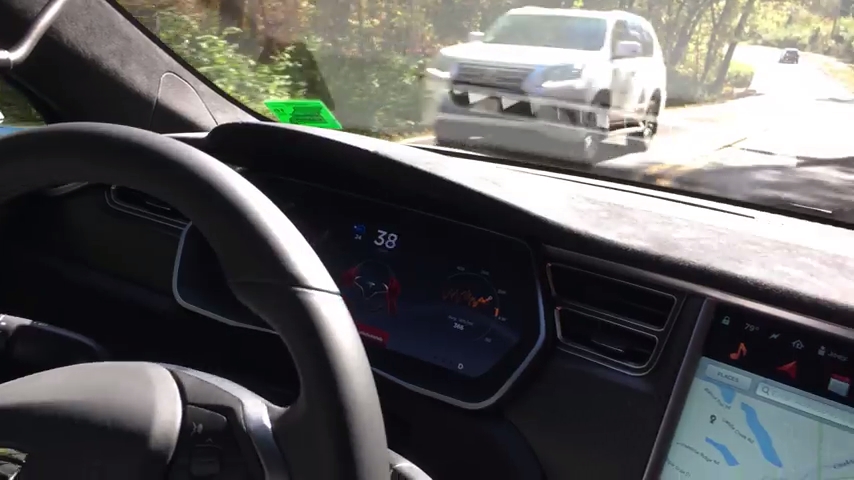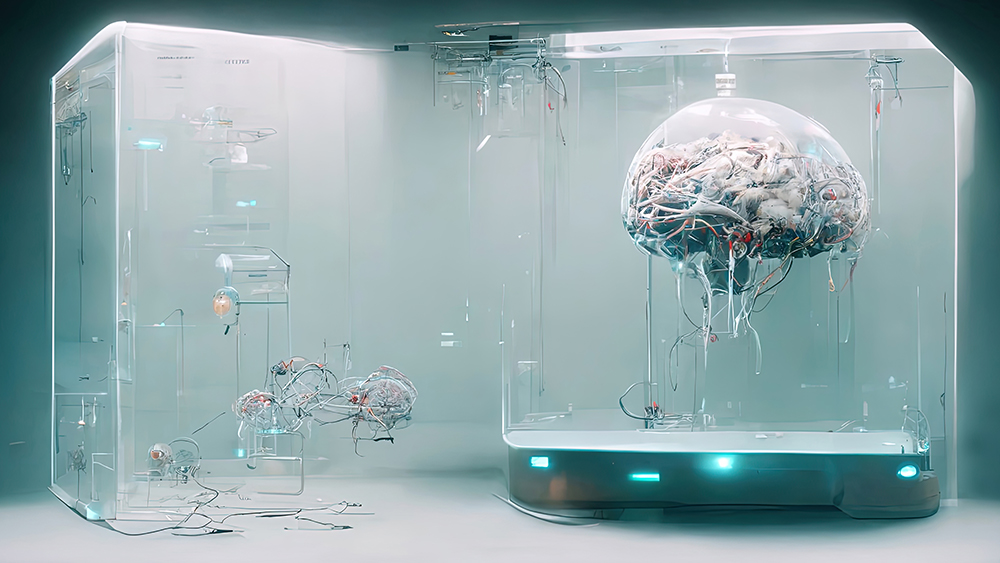EV COLLAPSE: Car dealerships are now rejecting EV deliveries due to low sales
09/06/2023 / By Laura Harris

Car dealerships are now rejecting further deliveries of electric vehicles (EVs) due to low sales. But despite this, EV manufacturers are continuing to scale up their production.
According to Scott Kunes, the COO of Kunes Auto and RV Group, they have turned away additional EV inventory to ensure a healthy turnover rate. Other dealers are sharing the same sentiment, arguing that they want to see a return on their investment before accepting more electric vehicles.
Max Digital, an automotive digital marketing company, mentioned that most stores aim to finish selling their items 12 times annually, but the Business Insider tells otherwise — car shops had enough inventory in EVs to last 54 days, but the stock of EVs was double that, equivalent to nearly four months of inventory.
These days, consumer demand fails to meet the increasing EV production. This has resulted in a noticeable plateau in demand as automakers aim to reach a broader spectrum of buyers beyond early adopters, negatively affecting dealers.
Automakers are likely to continue producing EVs to meet their ambitious goals, leaving dealers to strategize on how to appeal to the changing demographic of potential buyers. (Related: 25 AGs condemn Biden administration’s EV proposal as unlawful, unwise and unsustainable for rural America.)
Karl Brauer, an automotive analyst for iSeeCars, stressed the significance of dealers’ real-time market insights. “Dealers know in real-time with real-time feedback what the market is doing,” he said. “They have always acted as the first warning lights on the dash for the automotive industry.”
Buyers are now aware of the consequences of purchasing an EV
The growing backlogs of dealerships awaiting buyers across the country are driven by many factors.
Sam Fiorani, the Vice President of Global Vehicle Forecasting at AutoForecast Solutions, explained the intricacies of the EV ownership experience. From the point of view of an average consumer, he cited factors such as limited range per charge and fewer charging stations compared to gas stations. The added price premium also makes the transition to EVs a considerable financial leap.
Moreover, EVs fail to match the expectations of their buyers because of how their manufacturers manipulatively and exaggeratedly advertise EV capabilities in the market.
For instance, the distance an EV can travel on one charge does not accurately reflect real-world conditions, especially during the winter season. In reality, drivers need to cut that range in half during winter to have a more accurate reading. Then there’s load and towing capacity, the figures for which are also overblown.
The reports suggest that information provided to potential buyers may not encompass the full picture. While some EV manufacturers have touted their electric trucks’ ability to pull trailers, critics argue that the extent of these capabilities is often misrepresented.
For instance, it’s alleged that buyers were not adequately informed about the frequent recharges required when using electric trucks for heavy-duty tasks.
Eric Peters Autos, a prominent voice in this critique, noted that buyers were misled about the ease and speed of recharging EVs. The claim that recharging can be done at home is seen as true but incomplete.
“But they were not told how very long that takes. Instead, they were led to believe they could get going again in only 30-45 minutes or so. But that is only possible by visiting so-called ‘fast’ chargers, which are not at home.”
So now, the initial surge in demand for EVs, primarily driven by early adopters willing to embrace the technology and the lifestyle changes it entails, seems to have subsided after realizing the harsh economic lesson. Thus, the continuous increase in EV production is not sustainable.
“The spectacular growth we’ve seen over the last few years cannot be sustained. It’s just not possible,” Fiorini told Insider earlier this month. “The further up this growth curve we go, the harder it’s going to be to get to the next level,” Fiorani told Business Insider.
The latest news about the EV push and the lies that often accompany it can be found at GreenNewDeal.news.
Watch this clip from Newsmax as Iowa Sen. Joni Ernst talks about how President Joe Biden’s push for electric vehicles is unrealistic.
This video is from the News Clips channel on Brighteon.com.
More related stories:
Ford loses billions on electric vehicles, reduces its EV production target.
EV COLLAPSE: Electric vehicle manufacturer Lordstown Motors files for bankruptcy.
EV owners complain about “logistical nightmare” caused by lack of charging stations.
Ford’s deal with Chinese EV battery maker sparks security concerns.
Hurricane Ian exposes EV weakness: Lithium batteries are prone to catching fire.
Sources include:
Submit a correction >>
Tagged Under:
bankruptcy, bubble, cars, corruption, debt bomb, debt collapse, economic riot, economy, electric cars, electric vehicles, finance, finance riot, flying cars, fraud, future tech, green living, Green New Deal, inventions, market crash, money supply, products, risk, robocars
This article may contain statements that reflect the opinion of the author
RECENT NEWS & ARTICLES
COPYRIGHT © 2017 INVENTIONS NEWS


















